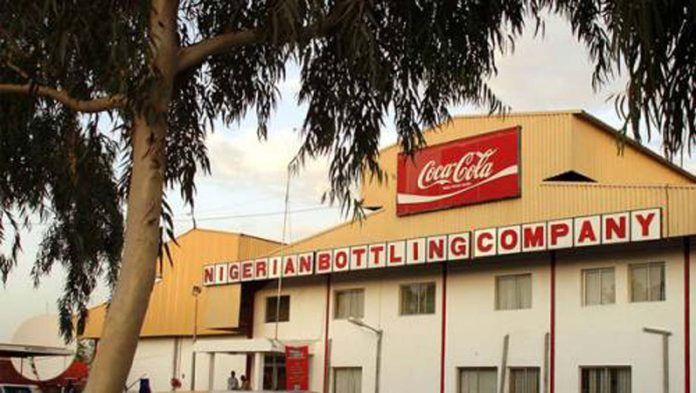The Nigerian Bottling Company Limited (NBC) admits to a mislabeling issue with its Limca Lime-Lemon Zero-Sugar variant, attributing the mistake to a production error at its Abuja factory. NBC makes this admission during ongoing proceedings at the Competition and Consumer Protection Tribunal, where it is disputing a N190 million penalty imposed by the Federal Competition and Consumer Protection Commission (FCCPC).
In its amended appeal, NBC asserts that the mislabeling was accidental and not intentional. The company is contesting the FCCPC’s findings and the penalty, which concerns various labelling and marketing practices, including those related to its Coca-Cola products.
NBC challenges the FCCPC’s accusations of misleading marketing, particularly regarding the Coca-Cola “Original Taste, Less Sugar” variant. According to NBC, the description of this variant was not deceptive, and the allegations surrounding its labelling are unfounded.
NBC’s legal team, led by Oluseye Opasanya SAN, argues that the FCCPC overstepped its authority by imposing the N190 million penalty. The team states that the Commission did not have the legal right to demand financial statements for calculating fines. Additionally, NBC contends that the Commission’s decision to place the company under 24 months of monitoring is unjustified, as the investigation was limited to labelling concerns.
While NBC acknowledges the mislabeling of the Limca Lime-Lemon Zero-Sugar variant, it stresses that the error occurred at only one factory and was not a widespread issue across all production sites. NBC claims that the FCCPC did not investigate the other seven factories to determine whether similar errors occurred in their production processes.
NBC’s legal team further defends the company’s actions by pointing out that the National Agency for Food and Drug Administration and Control (NAFDAC) had pre-approved the use of the same registration number for both the zero-sugar and 50:50 variants of Limca Lime-Lemon. Therefore, NBC argues that the labelling was not misleading, fraudulent, or deceptive.
In its response, FCCPC maintains that its actions are within its statutory authority and that it followed all legal procedures in investigating NBC’s labelling practices. FCCPC’s lawyer, Abimbola Ojenike, argues that the evidence demonstrates NBC’s violation of consumer protection laws, including misleading practices related to the packaging of Limca Lime-Lemon products.
Ojenike also points out that NBC admitted to producing both the zero-sugar and 50:50 variants in identical packaging, which, he claims, supports the argument that the product descriptions were misleading. He urges the Tribunal to dismiss NBC’s appeal and uphold the FCCPC’s penalty.
The Tribunal adjourns the case to February 4, 2025, for further hearings. In the meantime, both NBC and FCCPC have agreed not to take any regulatory or enforcement actions until the matter is resolved. The outcome of the case will likely have significant implications for the regulation of labelling and marketing practices in Nigeria’s consumer goods sector.













